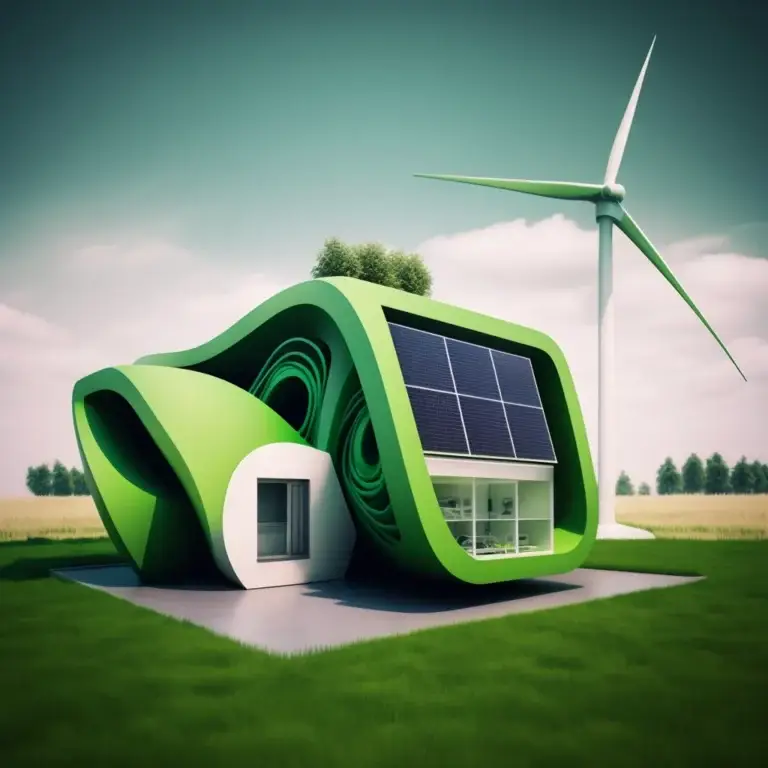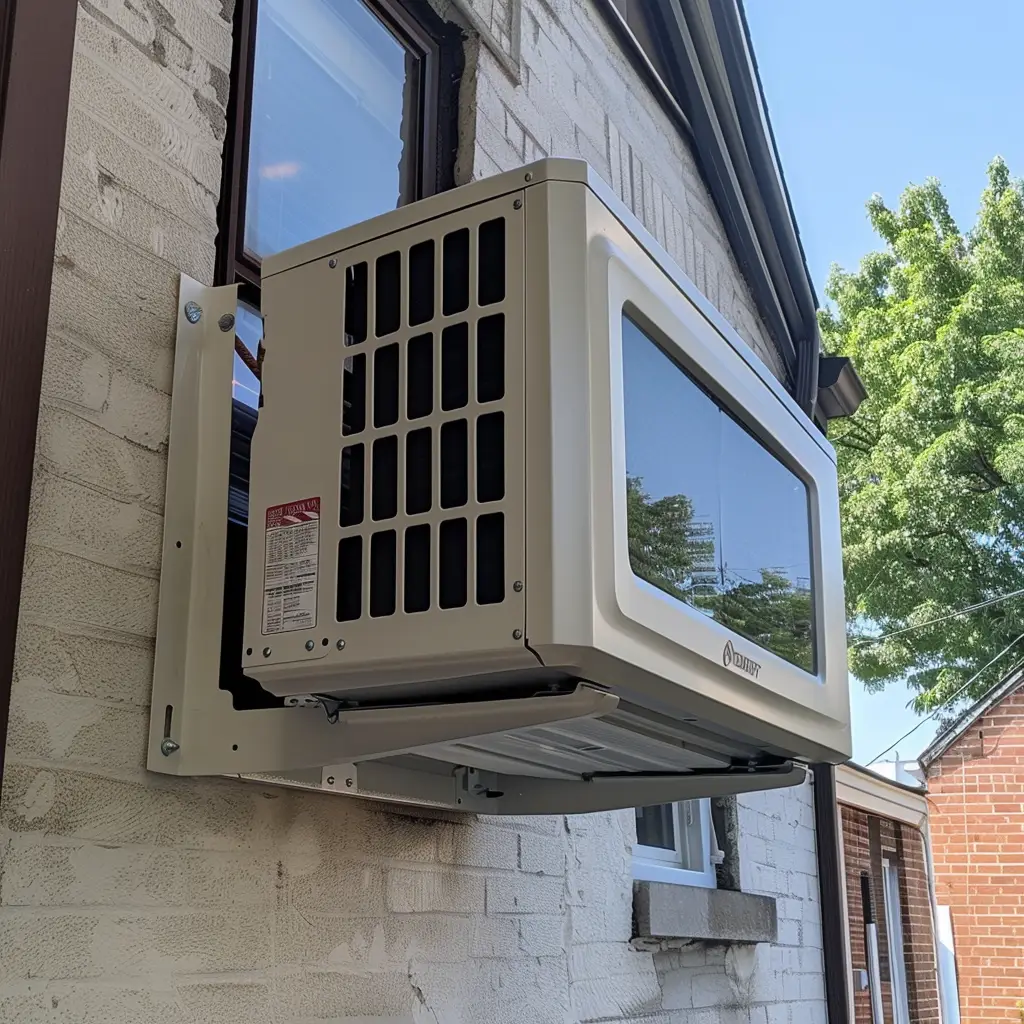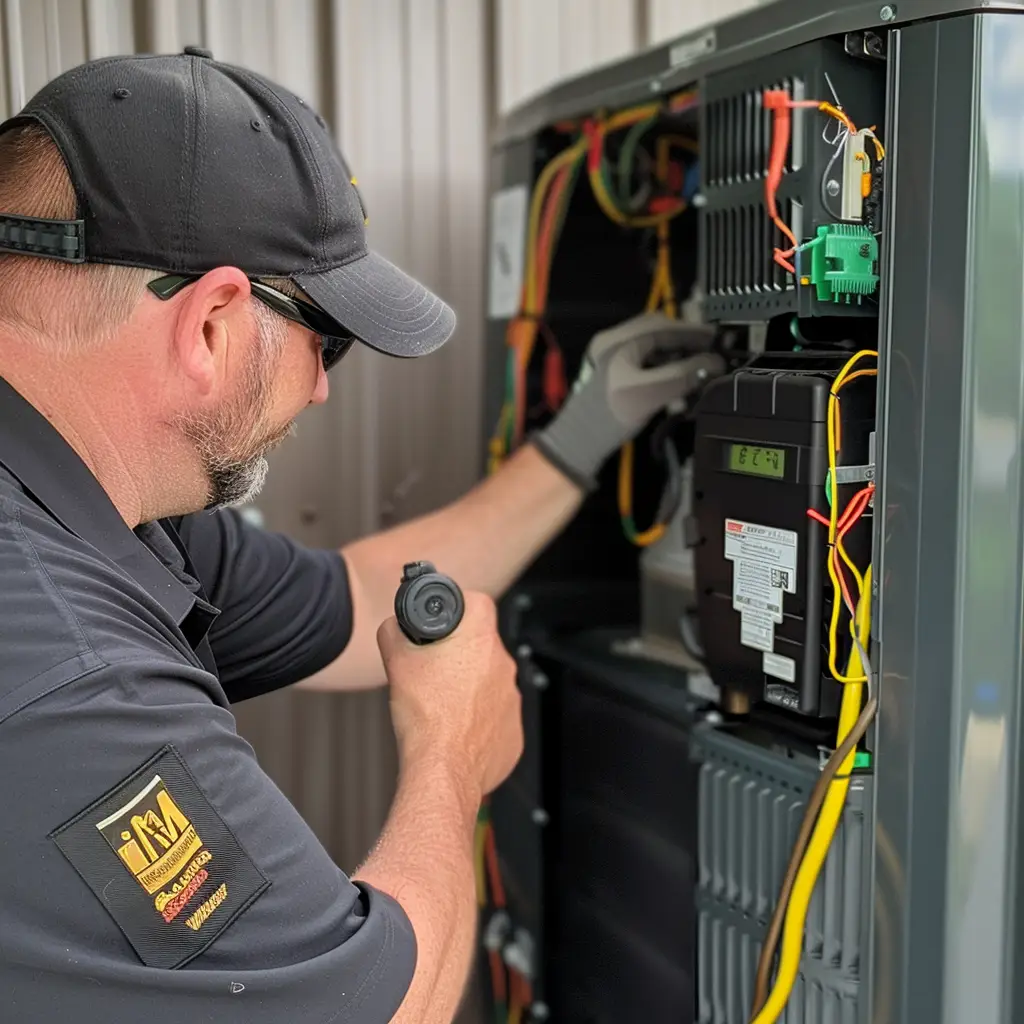With the world rapidly evolving and new regulations being introduced, it is essential to stay informed about the latest advancements in home heating technology. The right heating system can not only improve the comfort of your home but also help you save money on energy costs, reduce your carbon footprint, and increase the resale value of your property.
In this article, we’ll discuss the new regulations that are set to come into effect in 2025 and the importance of ensuring that your home is equipped with the most efficient and cost-effective heating system possible.
The Newest Technology for Heating Homes
The market for home heating solutions is constantly evolving, with new technologies being developed to meet the growing demand for more efficient, eco-friendly, and cost-effective heating systems. From electric heating to renewable energy sources, there is a wide range of options available for homeowners to choose from.
Comparison of different heating options
When choosing a heating system for your home, it is important to consider the advantages and disadvantages of each option. Electric heating is a popular choice for its efficiency, ease of use, and low maintenance requirements. Renewable energy sources such as geothermal and solar heating are becoming increasingly popular as they offer a sustainable, eco-friendly solution. Natural gas heating continues to be a reliable option for many homeowners, with a proven track record for affordability and efficiency.
Benefits of advanced HVAC products and techniques
With the latest advancements in heating technology, new and advanced HVAC products and techniques are being introduced to the market. These advanced solutions offer improved energy efficiency, increased comfort, and a reduced carbon footprint. By using the best available technology, homeowners can enjoy the benefits of a more comfortable and sustainable home while also saving money on energy costs.
Is Electric the Future of Heating?
Electric heating has seen a surge in popularity in recent years due to its many benefits. It is efficient, requires low maintenance, and is relatively cheap to install compared to other heating options. With the advancement of electric heating technology, it is becoming an increasingly attractive option for homeowners.
Disadvantages of electric heating
While electric heating has many advantages, it is not without its disadvantages. One of the main disadvantages is the high cost of electricity, which can be expensive for homeowners, especially during peak usage periods. Electric heating can also result in higher energy bills, which can be a significant concern for those on a tight budget.
Should I Change from Gas to Electric Heating?
Choosing between gas and electric heating can be a difficult decision, as each option has its own advantages and disadvantages. Factors to consider when making this choice include the cost of installation, ongoing maintenance costs, energy efficiency, and overall comfort.
Home heating recommendations for homeowners
As a homeowner, it is important to consider your individual needs and requirements when choosing between gas and electric heating. For those looking for an efficient, low-maintenance solution, electric heating may be the best option. For those who are looking for an affordable and reliable solution, natural gas heating may be the way to go.
Home Heating Regulations and the Future
New home heating regulations are set to come into effect in 2025, with the aim of reducing the carbon footprint of homes and improving energy efficiency. These regulations will have an impact on the type of heating systems that can be installed in new homes, as well as the types of fuels that can be used.
Will I have to replace my gas boiler in 2025?
The answer to this question will depend on the specific regulations that are introduced. It is possible that homeowners with older gas boilers may need to replace them with a more efficient system in order to comply with the new regulations. However, this is yet to be confirmed, and it is important to stay informed about any updates on this matter.
Will we run out of gas in 5 years?
The availability of natural gas is not expected to run out in the next 5 years. However, with the world moving towards a more sustainable future, it is important to consider alternative sources of energy, such as renewable energy sources, to ensure a secure and sustainable future.
Importance of choosing the right heating solution
Choosing the right heating solution is an important decision that can have a significant impact on the comfort and sustainability of your home. With the right information and advice, homeowners can make an informed choice that meets their individual needs and requirements.
Why choose AirPoint as your HVAC provider
AirPoint is a Carrier factory authorized dealer and TE certified company. We’re rated 5 stars on Google and Homestars, and are awarded the HomeStars Best of the Best 2022 award. Our certified technicians are highly trained and specialize in various HVAC solutions, using advanced techniques and the latest technology to provide our customers with the best possible service. At AirPoint, we prioritize customer satisfaction and guarantee our work, so you can be confident in your choice to trust us with your heating needs.
To learn more on the future of gas boilers, check out this video by Boiler Central
Frequently Asked Questions About Home Heating in 2025
Get answers to frequently asked questions about the latest home heating solutions, including benefits of advanced HVAC products and techniques
How do advanced HVAC products and techniques benefit homeowners?
Advanced HVAC products and techniques offer a range of benefits to homeowners, including improved energy efficiency, enhanced comfort, and increased lifespan of the heating system. These advanced products and techniques also often feature advanced controls and monitoring systems, which allow for greater precision in temperature regulation, enabling homeowners to save money on energy costs.
What are the newest home heating solutions available in the market?
The newest home heating solutions available in the market include electric heating systems, renewable energy sources such as solar and geothermal, and advanced natural gas boilers. Many of these solutions feature advanced technology and controls, making them more energy efficient, eco-friendly, and cost-effective.
What are the disadvantages of electric heating systems?
One of the main disadvantages of electric heating systems is the higher upfront cost compared to traditional gas boilers. Electric heating systems also require a reliable and consistent power supply, which may not be available in all areas. In addition, electric heating systems may not be suitable for very large homes, as they may require a significant amount of electricity to function effectively.
What are some factors homeowners should consider when choosing a home heating system?
When choosing a home heating system, homeowners should consider factors such as the size of their home, their energy usage patterns, the local climate, and their budget. Homeowners should also consider the availability of different heating systems in their area, as well as the expertise and experience of local HVAC technicians.
How can regular maintenance and service from a certified technician impact the performance of a home heating system?
Regular maintenance and service from a certified technician can greatly impact the performance of a home heating system. By keeping the system in good condition and addressing any potential issues, a certified technician can ensure that the heating system is functioning at its best, providing homeowners with improved energy efficiency, enhanced comfort, and longer lifespan of the heating system.
What role does advanced technology play in making home heating systems more eco-friendly and energy efficient?
Advanced technology plays a key role in making home heating systems more eco-friendly and energy efficient. By incorporating advanced controls and monitoring systems, manufacturers are able to create heating systems that are more precise and efficient, reducing energy usage and the carbon footprint of homes. Additionally, the development of renewable energy sources such as solar and geothermal heating systems, as well as advances in natural gas boilers, has further reduced the environmental impact of home heating.





